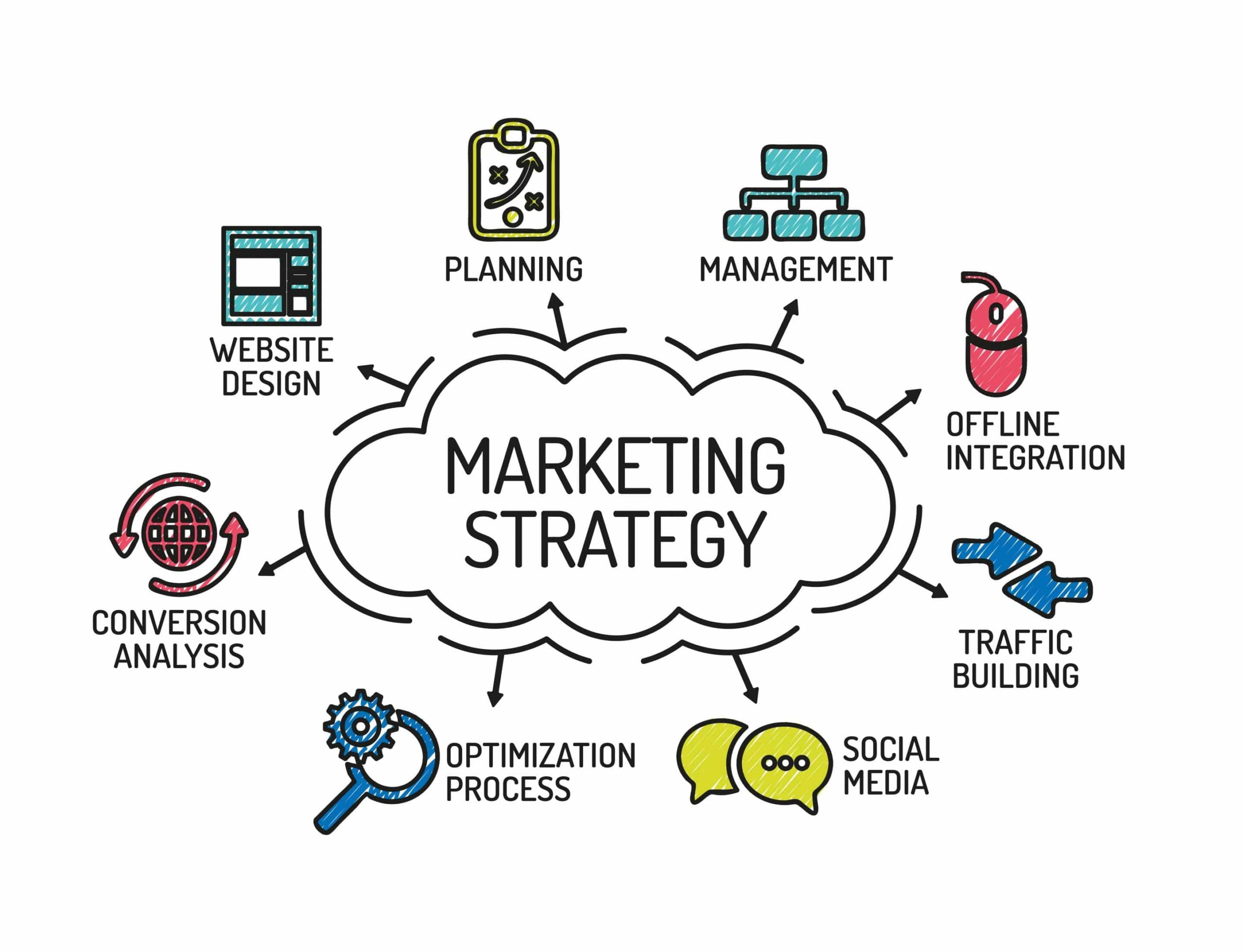The small & Medium Enterprise (SME) sector is an integral part of the Indian economy. As per reports, there are close to 63.39[1] million SMEs in the country. These include both registered and unregistered enterprises.
Irrespective of the nature and scale of business, the fundamentals of the business remain the same. The idea of starting any business is to generate profits. Customers are still the ‘center of focus for any business. It is mandatory to provide an invoice to the customer once they pay for the product or service.
Many SMEs and freelancers are wary of using accounting software, as they have the wrong notion that their business does not require any accounting software. However, good accounting software reduces the overall effort spent on bill generation and helps in proper bookkeeping and maintenance.

Apart from billing/invoicing, the accounting software contains the following modules:
- Accounts Payable
- Accounts Receivable
- General Ledger
- Purchase Order
- Sales Order
- General Bookkeeping
- Inventory Management
As a business owner, you should spend more time on business expansion than on manual maintenance of records. Accounting software aids in automating important business tasks, generating essential accounting reports, including balance sheet & trial balance, and managing outstanding payments with ease.
It would help if you chose accounting software that can handle any scale of business. A situation should not arise where a business owner is forced to change the accounting software based on the ‘complexity or scale.’
Before checking the billing software demo, it is important to check whether it follows accounting principles and processes. The receiver of the invoice should be able to understand the invoice details with utmost ease. It should have the provision of sending reminders and creating a financial calendar.
Here are some of the integral features that a good billing/invoicing software should have:
- New Invoice Creation – There should be a minimal learning curve involved in invoice generation. The billing software should be capable of generating customized bills as per the needs of the business owner.
- Predefined Templates – Apart from SMEs, many freelancers (or solopreneurs) have to send invoices to their clients. The billing software should have predefined invoice templates that cater to different types of businesses to spend minimal time on invoicing.
- Creation of Customer Records – Many business owners have affection towards cloud technologies, but the reality is that billing software should be usable even without internet connectivity. This is not possible with cloud-only billing software. Accounting software should ease the creation and fetching of customer information and provide necessary filters for access to those records.
- Multi-currency Support – If your business also has global operations or involves transactions with global customers, the accounting software should feature a multi-currency option. This will help in issuing receipts, managing taxes, and accepting payments from your international clientele.
Apart from these features, accounting & invoicing software should have multiple currency options to generate bills with less effort for businesses serving international customers.
Tally.ERP 9 is one accounting software that is used by SMEs as well as large corporations. Tally.ERP 9 can be used to create GST (Goods & Services Tax) compliant transactions, file GST returns, and generate e-way bills. It can also be used for filing returns.
Important takeaways
Business owners should look at automation to reduce manual dependencies, and accounting software is the ideal starting point to get started with the same.
[1] https://www.statista.com/statistics/718232/india-number-of-msmes-by-type/







